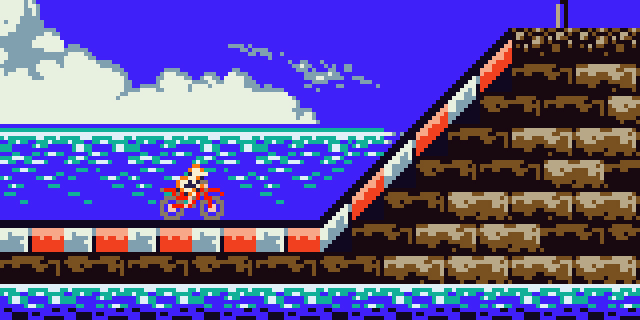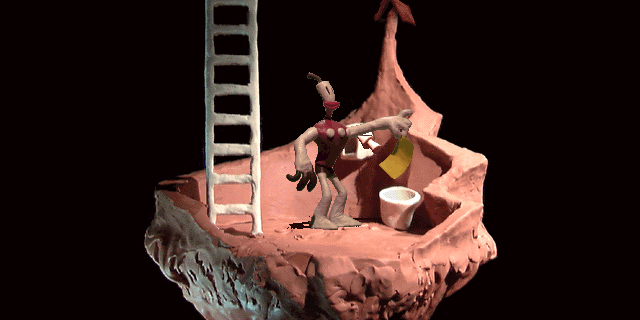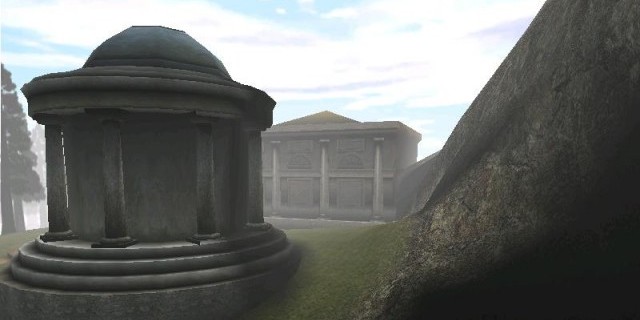
Most of the games covered in this column require a great deal of involvement. Besides the necessary step of obtaining a copy of an old game and running it through the appropriate hardware, many of the titles I cover tend to indulge in extensive note-taking, high difficulty or, more importantly, a very specific frame of mind to make them shine. It’s perhaps for this reason that I decided to write about Motocross Maniacs, a quirky racing platformer that may be very accessible, but certainly isn’t uninteresting for it. READ MORE

It’s a wonder that The Neverhood managed to exist in the first place. A claymation point-and-click adventure by Earthworm Jim creator Doug TenNapel, it’s one of those games that reek of commercial failure. But the financial prospects didn’t faze Steven Spielberg, who of all people decided to fund the game.
Artistically, the money couldn’t have been better spent. READ MORE

Board games have made me a very demanding person when it comes to game mechanics. After finding so many great titles focused on a powerful idea, an interesting problem or summarized in two pages of rules, the idea of spending time with wrinkles and subsystems has grown increasingly unappealing to me. However, it’s not a sustainable position. Games are enjoyed as a whole, and sometimes the wrinkles do much more than they seem at first glance. READ MORE

You may find it strange that I decided to write about Space Harrier, one of Yu Suzuki’s most well-known games. It does, after all, see no shortage of praise. Its theme song is chanted at every game concert, and it’s one of the few games on display at the Smithsonian. It’s not an obscure game, and while we may never see a home release of its arcade sequel, it certainly hasn’t been forgotten. So why write about it? READ MORE

Myst is a great game.
That used to be the consensus, but it’s a controversial opinion to hold now. One of the bestselling games of all time. It was the software that sold us the compact disc, the game that broke all kinds of critical records and the game that made The New York Times realize games could be art. But newer voices haven’t been so kind. READ MORE
























